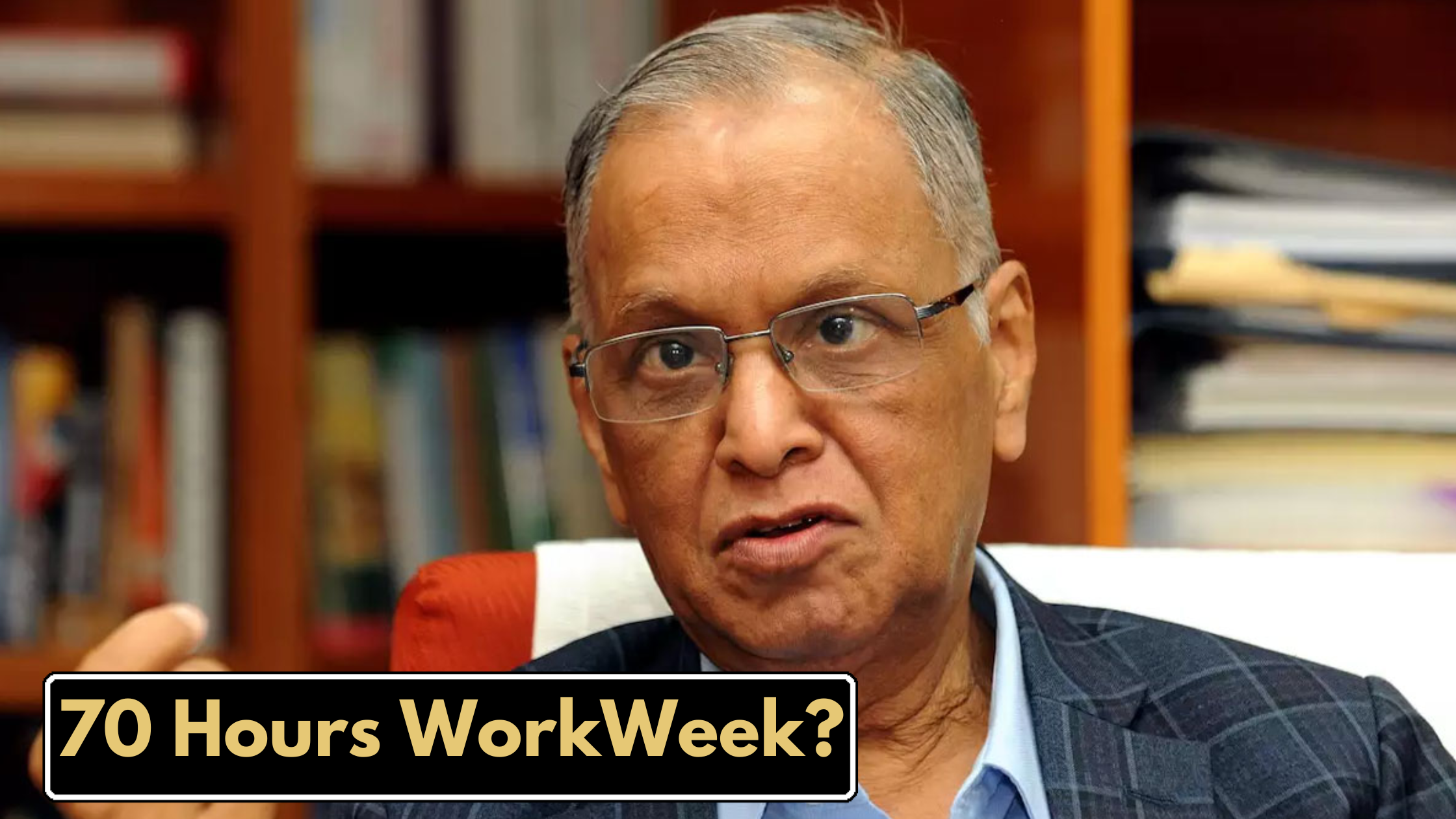A needless controversy has been stirred by a section of the media and certain public figures over a statement made by Larsen & Toubro (L&T) Chairman S.N. Subrahmanyan. His remarks about dedicating 90 hours a week to nation-building and asking, “How long can you stare at your wife?” during a conversation about work ethic have been taken out of context. Instead of engaging in a constructive debate, critics have turned this into an opportunity for unwarranted outrage, detracting from the essence of his message. Subrahmanyan’s comments were neither misogynistic nor dismissive of personal life. Instead, they highlighted the need for a disciplined and relentless work ethic to achieve the lofty goals of national development. In his statement, Subrahmanyan was addressing the imbalance between leisure and productivity that exists in India compared to developed nations like China and Japan. Both countries have demonstrated remarkable economic progress by fostering a culture of hard work and fewer holidays. China, for example, is renowned for its 70-hour work weeks in several industries, a fact that has been cited by Infosys Chairman Narayana Murthy in discussions about India’s economic trajectory. Japan’s post-war resurgence as an economic powerhouse also stems from a work ethic centered on dedication and perseverance. Both nations illustrate how a committed workforce can propel a country toward progress.
India, in contrast, has an overabundance of holidays and a mindset that often prioritizes leisure over productivity. Subrahmanyan’s comments should be seen as a call to action, urging citizens to recalibrate their priorities for the greater good of the nation. While his suggestion of a 90-hour work week may not be practically feasible, it underscores the urgency of fostering a culture where hard work and national interest take precedence. Subrahmanyan’s track record as a visionary leader lends weight to his statements, though even he might have acknowledged the impracticality of such an extreme proposal. It is important to note that his suggestion arose during an employee interaction, yet how the video surfaced on social media platforms appears questionable. Subrahmanyan also lamented his inability to make employees work on Sundays, reflecting his own relentless commitment to work. He further cited a conversation with a Chinese professional who claimed that China’s workforce outperforms the United States because of their 90-hour work weeks. These examples highlight the critical role of work ethic in driving economic competitiveness.

Rather than nitpicking his comments, genuine citizens and policymakers should engage in a meaningful discussion on how extended work hours could accelerate India’s growth. Questions such as “How much economic difference can 70 or 90-hour work weeks make?” deserve thoughtful consideration. The media’s role should be to facilitate this discourse rather than sensationalize remarks to distract from the core issue. The criticism Subrahmanyan has faced is not only misplaced but also detrimental to the larger national interest. His comments were a challenge to complacency and an invitation to participate actively in the nation’s development. The outrage over his remarks ignores the underlying message: India’s potential can only be realized through relentless effort and sacrifice. Nation-building is not for the faint-hearted. It requires a collective shift in mindset and a willingness to prioritize long-term goals over short-term comforts. The suggestion of a 90-hour work week is not about denying personal life but about emphasizing the need for extraordinary effort in extraordinary times. India stands at a critical juncture in its journey toward becoming a global superpower. Let us not waste this opportunity by indulging in trivial debates. Instead, let’s channel our energy into constructive efforts that will define the future of our nation.







